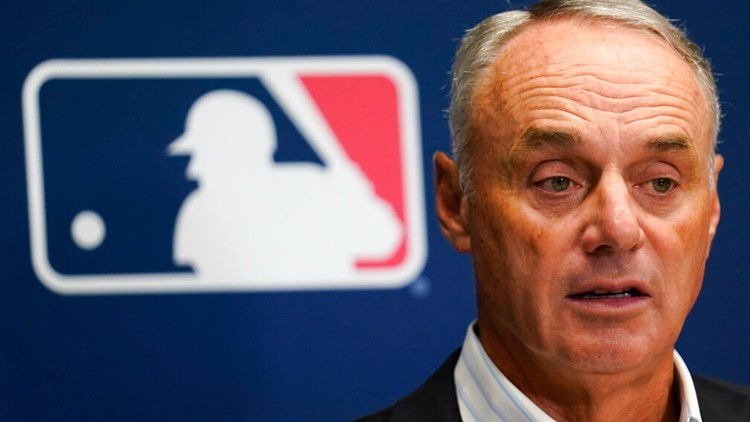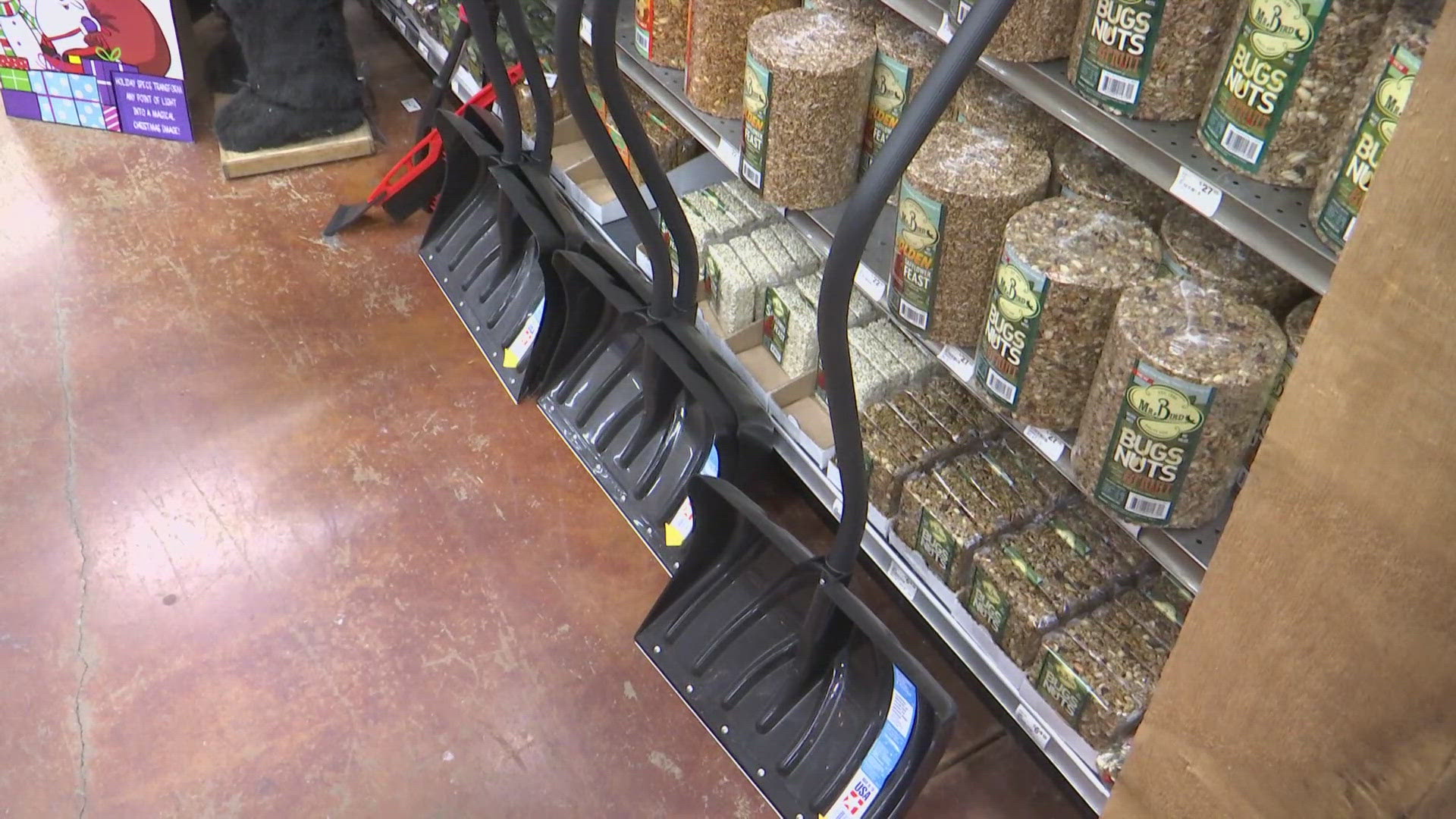NEW YORK — The Major League Baseball Players Association became the bargaining agent for more than 5,500 minor leaguers on Wednesday, completing a lightning fast organization campaign that launched just 17 days earlier.
Minor leaguers, who earn as little as $10,400 per season, are expected to negotiate for an initial collective bargaining agreement during the offseason.
Martin Scheinman, the sport’s independent arbitrator, notified Major League Baseball and the union that a majority of the 5,567 players in the minor league bargaining unit had signed union authorization cards since the drive started Aug. 28. He did not provide the sides a specific number.
“This historic achievement required the right group of players at the right moment to succeed,” union head Tony Clark said in a statement. “Minor leaguers have courageously seized that moment, and we look forward to improving their terms and conditions of employment through the process of good faith collective bargaining.”
MLB had agreed Saturday that it would voluntarily accept a union if there was majority support and would not force players to petition the National Labor Relations Board to hold a representation election.
“Major League Baseball has a long history of bargaining in good faith with unions, including those representing minor and major league umpires, and major league players," the league said in a statement. “Based on the authorization cards gathered, MLB has voluntarily and promptly recognized the MLBPA as the representatives of minor league players. We are hopeful that a timely and fair collective bargaining agreement will be reached.”
Minor leaguers form a separate bargaining unit within the MLBPA, which negotiated its first collective bargaining agreement for big leaguers in 1968. Approximately 1,200 major leaguers are covered by the big league agreement, and their average salary has risen from $19,000 in 1967 to more than $4 million this year.
Minor leaguers are expected to choose player representatives who will lead them in bargaining during the offseason. MLB and the big league union have had a contentious relationship that led to nine work stoppages, including a 99-day lockout last winter that delayed the start of this season.
Minor league union dues are likely to be a fraction of big league dues: $85 per day this year over the 182-day season.
Next year’s minor league schedule opens March 31 at Triple-A and April 6 at lower levels, when the minor leaguers’ leverage may be greatest. A strike could lead each team to keep its dozen or so optioned players at training complexes playing makeshift games.
The big league union has represented optioned players since 1981.
MLB raised weekly minimum salaries for minor leaguers in 2021 to $400 at rookie and short-season levels, $500 at Class A, $600 at Double-A and $700 at Triple-A. For players with major league contracts on option to the minors, the minimum is $57,200 per season for a first big league contract and $114,100 for later big league contracts.
In addition, MLB this year began requiring teams to provide housing for most minor leaguers.
Many amateurs, however, receive large initial signing bonuses: 67 of the top 68 draft picks this year agreed to $1 million or more, and the top 97 picks who signed got more than $690,000.
MLB and lawyers for minor leaguers agreed this year to a $185 million settlement of an 8-year-old federal lawsuit alleging violations of minimum wage laws, a deal that may be finalized next year. An early estimate is that perhaps 23,000 players could share roughly $120 million with an average payment of $5,000 to $5,500, and their lawyers will split $55.5 million.



